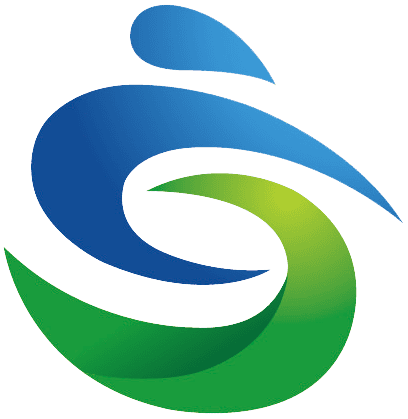3000 BPH Mineral Water Filling Line
Dreaming of launching your own bottled water brand? A key step is understanding the investment required for your production backbone: the mineral water filling line. Setting up a line capable of producing 3,000 bottles per hour (BPH) involves significant planning and capital. Below is a detailed breakdown of the major cost factors.

1. The Core: Equipment Investment (The Heart of Your Mineral Water Filling Line)
This is often your largest upfront cost. A complete 3,000 BPH mineral water filling line requires several integrated machines:
Essential Equipment:
-
Water Treatment System – Purifies and balances mineral content (complexity varies).
-
Blow Molding Machine (Blower) – Creates PET bottles from preforms.
-
Filling & Capping Machine – The central component of the mineral water filling line, ensuring hygienic filling and sealing.
-
Labeling Machine – Applies product labels (pressure-sensitive or glue-based).
-
Packaging Machine – Packs finished bottles into cases or shrink wraps.
-
Conveyors & Control Systems – Links all machines for seamless operation.
Cost Range: $100,000 – $1,500,000+
Factors influencing price:
-
Brand & Origin – European brands often cost more.
-
Automation Level – Fully automated lines reduce labor but increase initial cost.
-
Technology & Speed – Higher speeds and advanced features raise prices.
-
Construction Material – Food-grade stainless steel (AISI 304/316) is essential but costly.
2. Raw Materials: Your Ongoing Supply Chain
Water Source Costs:
-
Municipal water is cheaper initially.
-
Natural mineral water sources involve extraction rights and higher logistics costs.
Packaging Costs:
-
PET preforms, bottle caps, labels, and outer packaging (cartons/shrink film).
-
Prices fluctuate based on material costs (oil, resin) and order volumes.
3. Keeping the Line Running: Operational Costs
Key Ongoing Expenses:
-
Energy Consumption – High-speed machinery, water pumps, and treatment systems (e.g., Reverse Osmosis) consume significant electricity.
-
Maintenance & Repairs – Regular servicing, spare parts, and unexpected breakdowns.
-
Labor Costs – Skilled operators, maintenance technicians, and quality control staff.
-
Quality Control & Certification – Regular water testing, FDA/local compliance audits.

4. Home Base: Facility & Infrastructure
Production Space Requirements:
-
A clean, food-grade facility (often GMP-compliant).
-
Costs include rent/mortgage, property taxes, insurance, and utilities.
Utilities & Setup:
-
Adequate water supply & 3-phase electrical capacity.
-
Compressed air, ventilation, and drainage systems.
-
Flooring (epoxy resin), lighting, and warehouse space.
5. Legal & Compliance: The Cost of Doing Business Legally
Essential Permits & Licenses:
-
Business Registration
-
Water Extraction Permit (critical for mineral water).
-
Food Production License & Health Department Permit.
-
Environmental Impact Assessment (EIA) approvals.
Regulatory Compliance Costs:
-
FDA/local documentation, audits, and staff training.
6. Getting Your Product to Market: Marketing & Sales
Branding & Promotion Costs:
-
Logo, packaging design, and brand storytelling.
-
Digital marketing, trade shows, and promotional materials.
Sales Channel Development:
-
Costs for securing distributors, brokers, or retail partnerships.
Total Investment Estimate for a 3000 BPH Mineral Water Filling Line
Establishing a reliable mineral water filling line at this scale is a substantial investment. Based on the factors above, a realistic initial cost range is between $200,000 and $300,000 USD, depending on:
-
Equipment quality & automation level.
-
Water source complexity.
-
Facility setup and regulatory requirements.
Key Takeaway: Careful planning, supplier comparisons, and realistic budgeting are crucial for successfully launching your 3,000 BPH bottled water production line.

